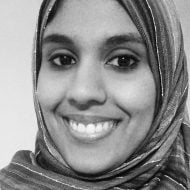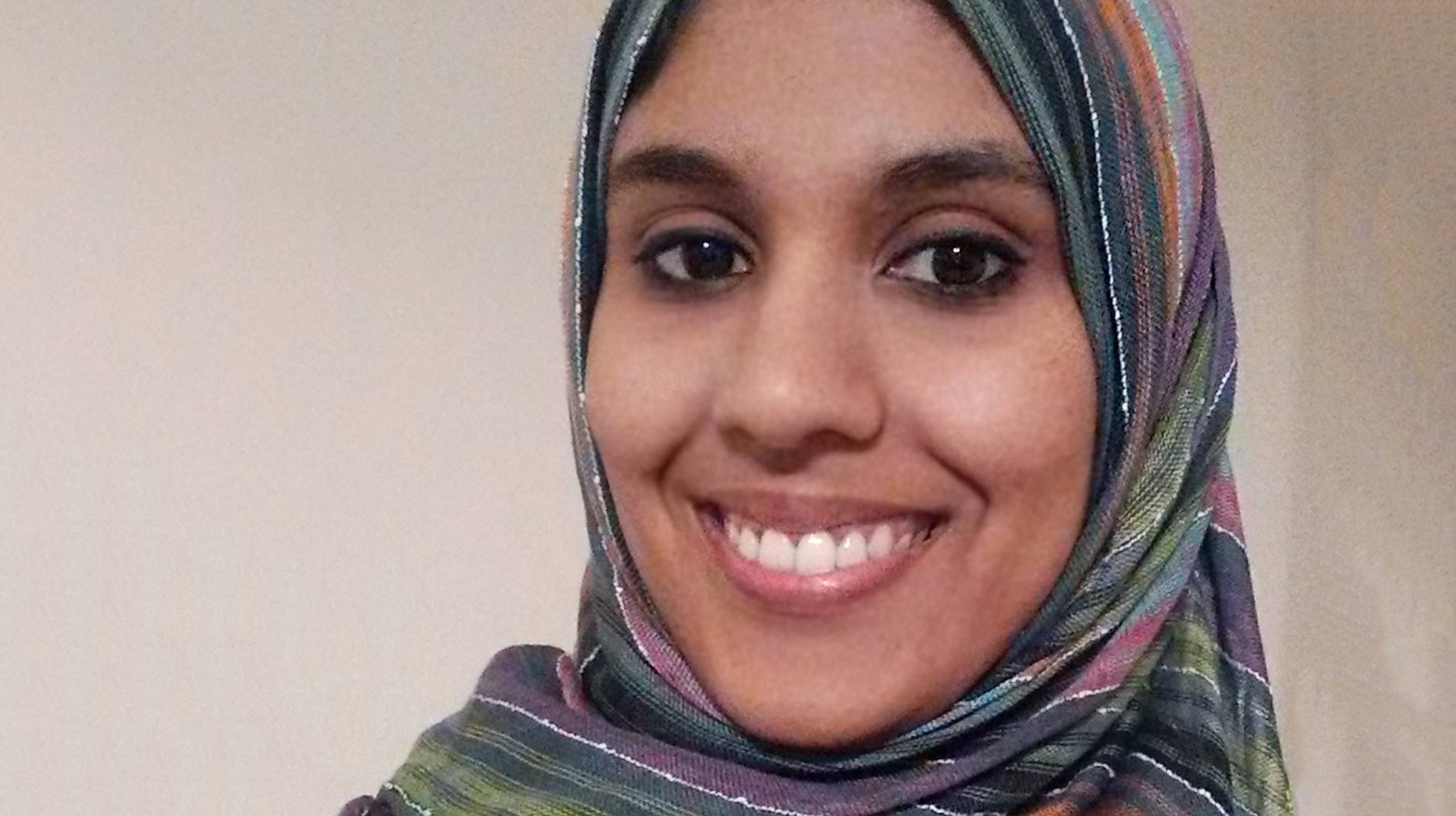Hafsah Qureshi was born and raised in Lincoln. She attended Washingborough Primary School followed by the Priory LSST Secondary School. She is currently a doctor working in Lincoln and lives with her husband and one year old son. In a series of articles, she will outline why Muslims feel anguish and sadness at people thinking their religion is ‘evil’ and associating it with terrorism, and will try to dispel some common misunderstandings about her faith.
Media rhetoric can often suggest that if someone is a practising, devoted Muslim they are likely to be an ISIS sympathiser and potential terrorist! This association is totally incorrect.
Indeed, to think that ISIS represent the beliefs and practices of all Muslims, is as absurd as thinking that the IRA represent the beliefs and practices of all Christians!
In my previous article I summarised the theological principles of Islam in an attempt to show that what Muslims believe is really not so outrageous.
In this article I will briefly outline the main practices taught by Islam, which are designed to help us remain conscientious and mindful of our purpose in life – to worship the One Creator and God of the universe, whom we call Allah, and to do good deeds to please Him.
They include:
Salah: To pray 5 times a day – to take a short break from our daily activities and reflect on our bigger purpose, renew the intentions behind our actions, and to ask Allah (God) for guidance. Each prayer takes 5-10 minutes and we can pray at the mosque, at home or in any other clean location, alone or with others. There is no religious hierarchy in Islam, an Imam (Mosque leader) is not necessarily higher in the eyes of Allah than a shop keeper. It all about who is purer of heart, kinder in deed, and more mindful of Allah.
Zakah: To give 2.5% of our savings to charity annually – to remember that wealth is a gift from Allah, and to remember those less fortunate than us.
Sawm: To fast during daylight hours in one month of the lunar year called Ramadan. It can be challenging, especially in summer, but it has a good aim – to make us less gluttonous, to appreciate the food and drink we have, and to make us empathise with the starving around the world. As a result, we tend to become more charitable during this month, and it also improves our self-discipline, and helps curb bad habits like smoking. Fasting however, is about more than abstaining from oral intake; the Prophet Muhammad (peace be upon him) stressed that that there’s little point not eating and drinking, if one is going to continue to lie, backbite and be mean to others. Ramadan is meant to be an annual spiritual invigoration, reminding us of our purpose once again – to be good to others and to submit to our Creator rather than our own desires.
Hajj: To go on a five day pilgrimage to Makkah in Saudi Arabia, once in our lifetimes if we are physically and financially able. Hajj reminds us that however rich or successful we are, we are all humble servants of Allah. The millions of people gathered for the pilgrimage must wear the same simple clothes, do the same actions, sleep on the same bare earth – no matter what their race, country, ethnicity, wealth or social status. When I went on Hajj three years ago I was deeply moved by this humbling experience of the true equality of humanity.
These four practices, plus the declaration of faith (That there is none worthy of worship except Allah and that the Prophet Muhammad is the final messenger), constitute the mandatory ‘Five Pillars of Islam‘.
Are any of these Islamic practices particularly abhorrent or evil? Where in the ‘Five pillars of Islam’ do you see the pillar, “You must kill innocent people?” That’s right, it is not there! In fact the Qur’an teaches, ‘If any one killed a person..it would be as if he killed the whole of mankind’ (Qur’an 5v32).
The Prophet Muhammad emphasised living a life of the ‘moderate, middle path’, with teachings such as ‘Never be extreme regarding religion. Many nations have been destroyed because of extremism in religion’, and ‘Do good deeds properly, sincerely and moderately.’
Islam does not ask us to be celibate or renounce the world. It tells us to live in the world, serve society, go about daily business, but with peace, kindness and mindfulness of our Creator and our intentions. With good intentions, even every day activities like greeting others cordially, performing well at work or eating healthily can become acts of worship.
All Muslims have the five pillars of Islam in common, but followers of Islam are not a homogeneous horde to be feared. In many respects Muslims are as diverse as humanity itself, coming from all countries, cultures, professions and walks of life. This diversity is to be celebrated, and the Prophet Muhammad (peace be upon him) taught, ‘a white man has no superiority over a black man nor a black man has any superiority over a white man’. In Lincoln we have many ethnicities represented in our Muslim community, including white British people. This comes with many benefits – such as the joy of eating cuisine from all over the world at community events!
Catch up with Hafsah’s previous columns for The Lincolnite:







